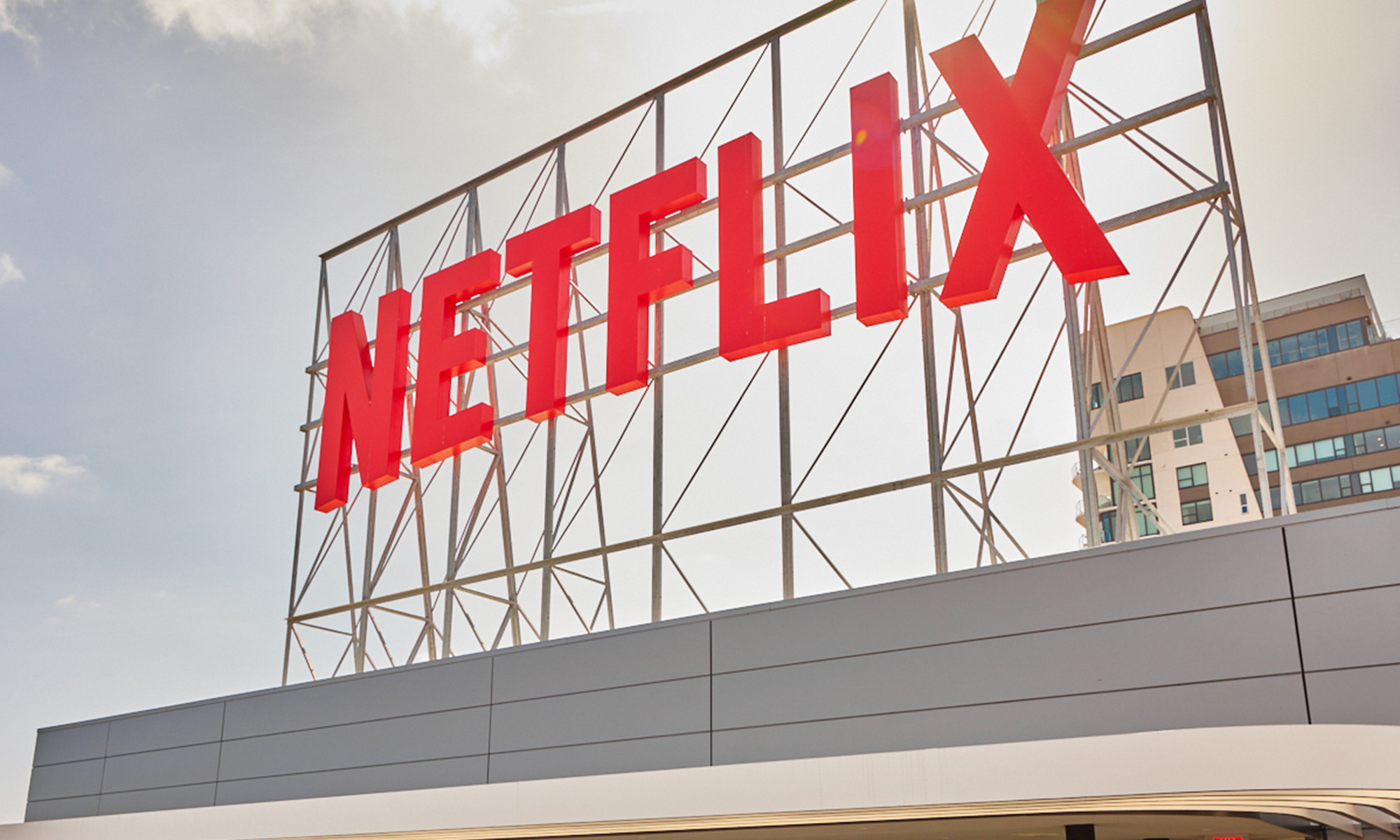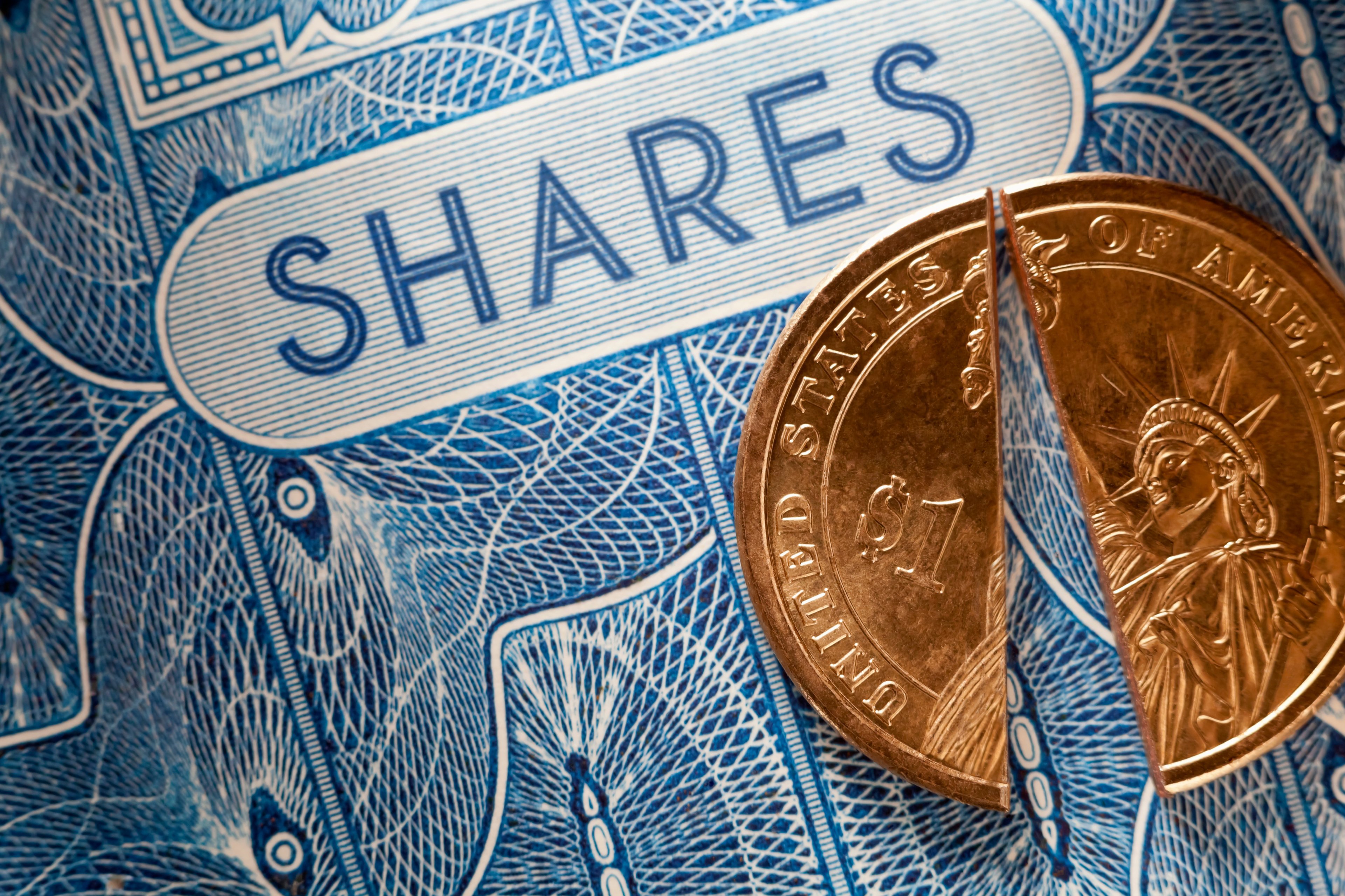Check out the latest Netflix earnings call transcript.
In the video-streaming game -- at least in the U.S. -- there's Netflix (NFLX 1.24%) and there's everyone else. Yes, YouTube is an eyeball-grabbing machine -- but it's not a profitable one. In contrast, Netflix just beat profit expectations again, even if -- as the most recent earnings report revealed -- it didn't grow quite as fast as expected last quarter, and there are other challenges to running its expensive playbook.
In this segment of the Motley Fool Money podcast, host Chris Hill and Fool senior analysts Andy Cross, Ron Gross, and Jason Moser talk about where the company stands today, the massive share of video hours its content consumes, its impressive pricing power, and more.
A full transcript follows the video.
This video was recorded on Jan. 18, 2019.
Chris Hill: Fourth-quarter subscribers for Netflix came in lower than the company had predicted. Still, shares of Netflix up this week, thanks in no small part to the price increase the company announced two days before they released the earnings.
Andy Cross: It was an impressive quarter, continuing to build on as they are building this behemoth of a media company with 139 million global subscribers, 58.5 million in the U.S., 80.8 million internationally. Growth was up 30%. They continue to see they need to make the investments as they're building out the platform that they can serve.
They offered up a lot of interesting content stats which I found very interesting. Analysts have been looking forward to this. The one that I found the most interesting is that they now in the U.S. have about 10% of TV screen time per day. That's about 100 million viewing hours in the U.S. per day on Netflix. When you think about the volume of content they have, the ability to show that to those subscribers, it continues to impress me. However, it's expensive, and the free cash flow line continues to be negative.
Hill: You look at the subscriber number, Ron, yes, they came in a little bit lower than they had guided, they still came in close to 9 million.
Ron Gross: The growth, obviously, is impressive. Playing the expectations game with that, you're going to be ahead or behind in any given quarter. But very, very impressive. Speaking of pricing power, getting back to that, it clearly seems that Netflix does have pricing power. That doesn't extend into perpetuity. At some point they're going to raise prices, and it'll tip the scales to where some people will say, "That's too much for me. I'm not actually utilizing Netflix, I'm not enjoying the content enough to pay the price that they're charging." But it doesn't seem that that will be anytime soon.
Cross: Can I go back to that stat I said? It's 100 million hours of video per day. That's about 1.7 hours per day per membership in the U.S. That's about 51 hours per month. The average price for Netflix subscriptions is about $10. That's like $0.20 an hour that we're paying to use Netflix. So, when I think about the ability for them to keep raising prices as they need to deliver this content, I do see room for them to grow in that regard.
Hill: We talk about Netflix in the competitive landscape going up against the likes of Disney, Hulu, etc. I thought it was pretty smart of Reed Hastings to talk about the competitive landscape, not just in terms of those companies, but also broadening it to talk about things like YouTube and Fortnite. Certainly for younger people, that's taking some of their attention, as well.
Jason Moser: I think that's the key, understanding that they're in the entertainment industry. It's not just streaming video. Fortnite is a good comparison there. Just to go back to the price increases for a second, because I do feel like Netflix has earned that right to boost prices incrementally. They're going to be able to do that for a little while longer. The question for me is, how far can they go? If you just look at the math here and say Netflix raises prices by $10 a month on all U.S. subs today, that gives them an additional $7 billion in revenue per year. The problem is, that money's already been spent. And they're going to have to keep on doing that. Part of the downside of the binge-watching movement is, the content lasts a much shorter lifetime, which means you have to come out with more content. Their business model is in the line of producing a ton of it. It's going to be expensive to do, but they've proven very worthy of maintaining that subscriber base.
Gross: You counter that with a company like Costco, which also appears to have some pricing power with their membership fee. But every time they raise that membership fee, it accrues to the bottom line. It's incremental profit because they're so profitable in the first place because the model just works.
Moser: Yeah, the argument with Netflix is, eventually, those price increases will trickle down to the bottom line. But it's still in theory right now. We have to wait and see.
Cross: They did raise $800 million in notes, at one point $1 billion in euro notes, during the quarter. Continuing to put debt on the balance sheet that they hope they can recover from down the road.






